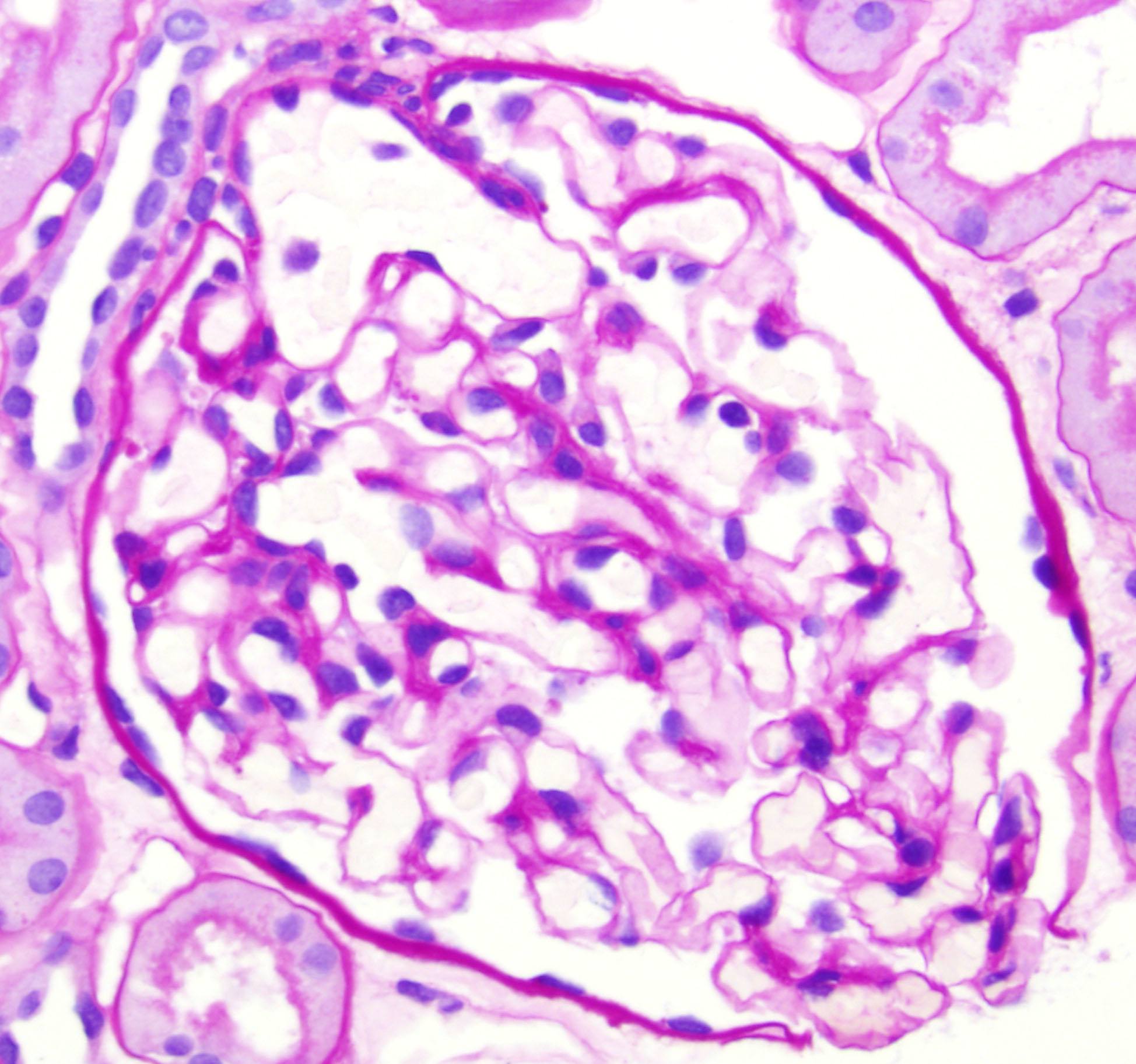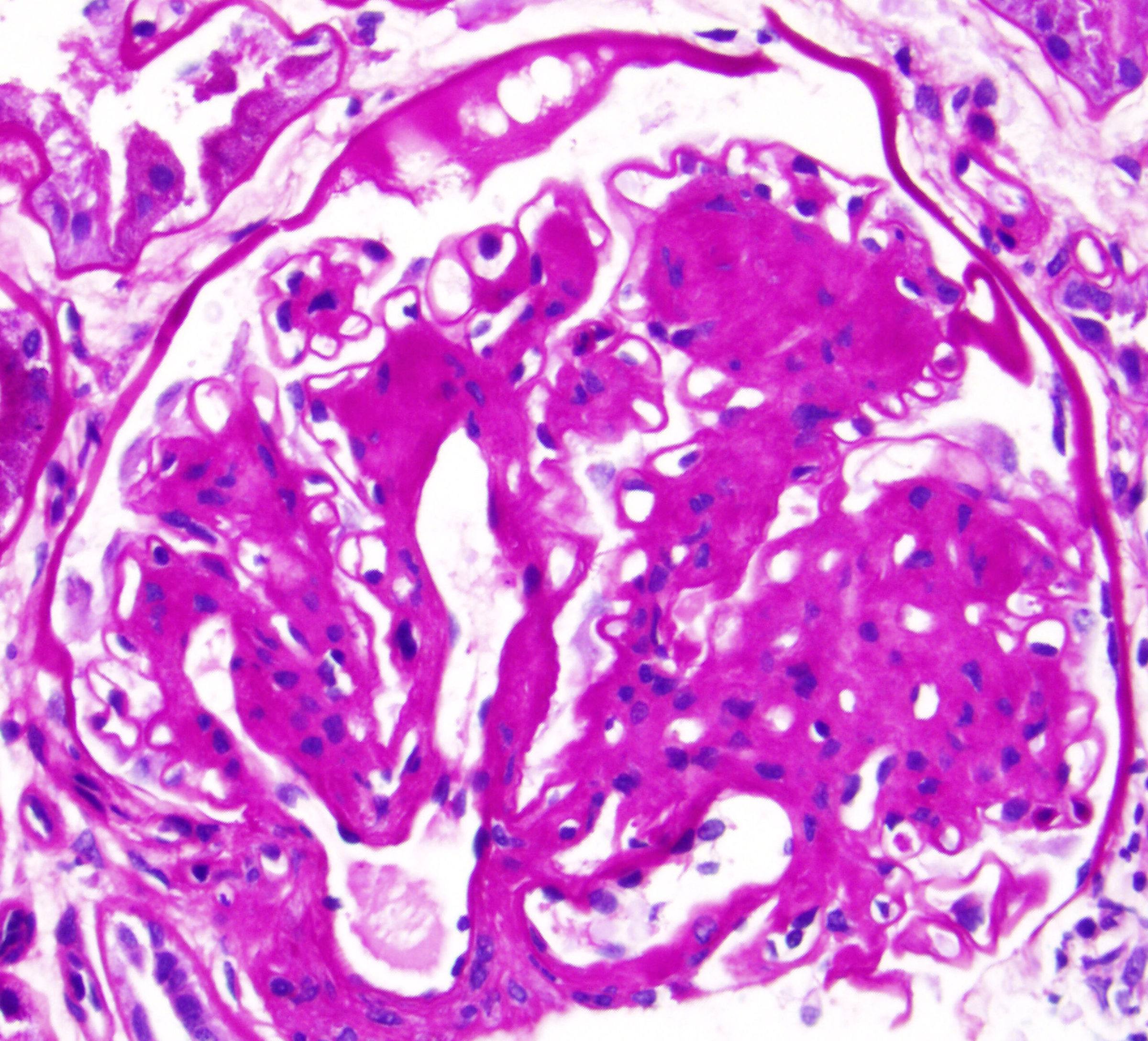What is diabetes mellitus?
Diabetes mellitus, or simply diabetes, is a metabolic disease that results in high blood sugar, either because the pancreas does not produce enough insulin, or because your body’s cells do not respond to the amount of insulin that is produced. There are three main types of diabetes mellitus:
- Type 1 diabetes causes about 10% of cases. The body fails to produce insulin which requires a person to use insulin. Most affected people are otherwise healthy. It was traditionally termed “juvenile diabetes” because a majority of cases developed in childhood, but it can affect children or adults.
- Type 2 diabetes results from a failure of cells to use insulin properly. This form is increasing due to a large number of overweight children and adults. This form was previously referred to as “adult-onset diabetes” or “obesity-related diabetes.”
- Gestational diabetes affects women without a previous diagnosis of diabetes who develop a high blood sugar level during pregnancy. It occurs in about 2%–5% of all pregnancies and may improve or disappear after delivery. However, about 20-50% of affected women develop type 2 diabetes later in life. Gestational diabetes requires careful medical supervision throughout the pregnancy. How is diabetes diagnosed and what are its symptoms?
Diabetes can be diagnosed with tests that measure sugar (glucose) in the blood: a fasting blood glucose test, a glucose tolerance test, or a test called Hemoglobin A1c. Symptoms develop rapidly (weeks or months) in type 1 diabetes, but usually develop slowly and may be subtle or absent in type 2 diabetes.
The classic symptoms of untreated diabetes are:
- Weight loss
- Frequent urination
- Increased thirst
- Increased hunger
- People with type 1 diabetes may develop ketoacidosis characterized by the smell of acetone, rapid and deep breathing, nausea, vomiting, abdominal pain, and altered consciousness.
What can diabetes do to the kidneys and other organs?
- Diabetics may develop complications that involve the kidneys and other organs. These typically require many years (10–20) to develop.
- Diabetic kidney disease leads to protein loss in the urine and eventually may lead to chronic kidney failure requiring dialysis or transplantation.
- Diabetic vascular disease may lead to a heart attack, stroke, or hardening of the arteries.
- Diabetes can damage the small blood vessels in the eye and lead to visual problems and blindness.
- Diabetes may affect the nervous system causing numbness, tingling, and pain in the feet and skin damage due to altered sensation.
Treatment of diabetes mellitus
The most important treatment is to carefully control blood sugar levels. In addition, control of blood pressure and lifestyle issues such as not smoking and maintaining a healthy body weight will minimize the risk of diabetic complications.
Patient Resource Sheet
Quick note: This post is to be used for informational purposes only and does not constitute medical or health advice. Each person should consult their own doctor with respect to matters referenced. Arkana Laboratories assumes no liability for actions taken in reliance upon the information contained herein.





